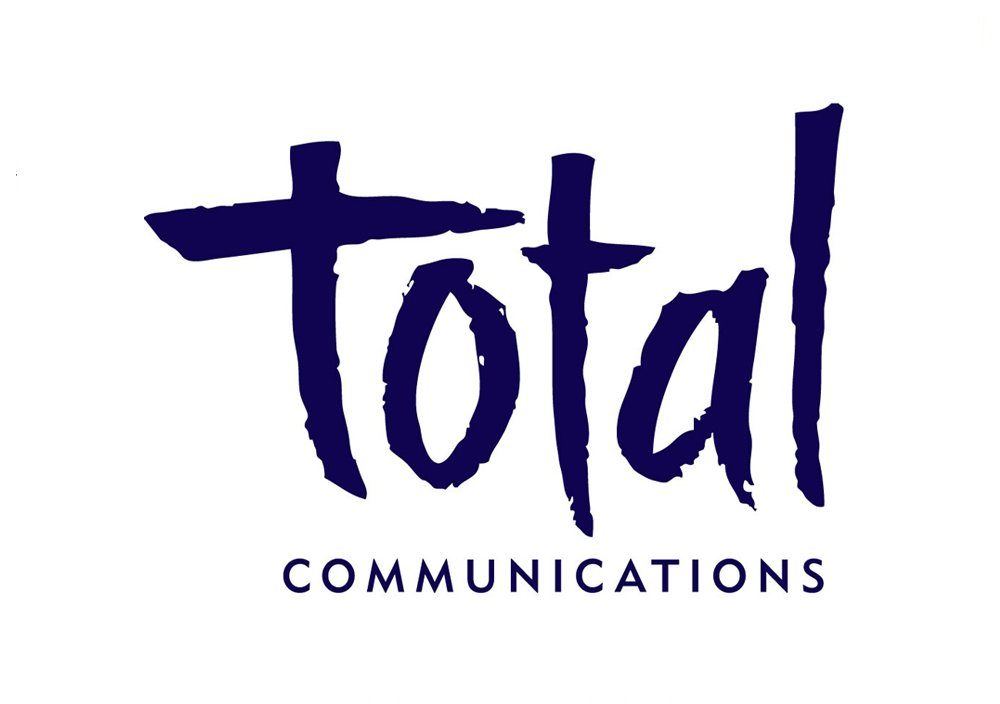There are reasons why some observers say that the traditional press release is already dead.
The main one is that the press release is seen as a relic of days before the digital age swept over us like a tsunami.
In reality, many press releases are actually dead even before they reach their target.
But hold on. The press release is actually far from dead. In fact, it’s even more relevant - not less – in today’s much changed PR world.
To understand that, we need firstly to understand the many functions of a press release.
Primarily - and this is often all that clients see – a press release is designed to produce immediate media exposure.
If that fails, it may persuade a journalist to write their own story on the same subject sometime soon.
But the press release is also a notice to those receiving it of two other very important things.
That the sender – assuming it’s well written and newsworthy – is an individual, or agency, who has a good idea of what the media needs and is therefore a credible contact.
And that their client could be a good source of content needed for future breaking news stories on a particular business sector.
Press releases announcing an event or occasion often score by persuading an editor to slot it into the diary, guaranteeing same-day coverage.
But perhaps the key overriding role of a press release is to put a company or organisation into clear perspective in terms of who they are, what they do and what makes them stand out.
In this way, it becomes an important starting point for ongoing PR campaigns, holding key messages needed to communicate consistently what the company is all about.
Crucially, in the digital age, the same content and messages contained within can be used and adapted to launch and drive social media programmes, and keep websites updated and relevant.
The harsh truth is that far too many people who write press releases write them badly, while failing to appreciate their significance and versatility.
So here’s a tip to help. Instead of press release, call it a news release.
Because, fundamentally, it’s a release of news to the media. And if whoever’s writing it can’t find any news to put in it, maybe a good idea not to send it anywhere.

